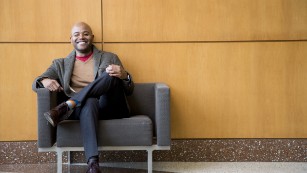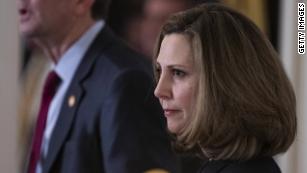Demerara_Guy posted:caribny posted:And of course DG is too terrified to discuss why blacks despise the PPP.
Your absolute choice to wallow with your topics/comments of no value.
On GNI, any one can post to the forum.
Others can read, comment, discuss, etc., IF They So Choose.
Bottom Line -- No one is bound nor obligated to discuss/respond to you.
Again DG is too terrified to discuss why blacks despise the PPP.
Its OK though. I understand your problems!





 The fashion designer Zelda Wynn Valdes, who could fit a dress to a body of any size.
The fashion designer Zelda Wynn Valdes, who could fit a dress to a body of any size. Nat and Marie Cole at their 1948 wedding in Harlem. The bride’s dress was designed by Valdes. Her clients were at one point paying nearly $1,000 to have a Zelda Wynn Valdes couture gown.
Nat and Marie Cole at their 1948 wedding in Harlem. The bride’s dress was designed by Valdes. Her clients were at one point paying nearly $1,000 to have a Zelda Wynn Valdes couture gown. The singer Jackie Wilson autographs the cuff of a Playboy Bunny at a dinner for the Motion Picture Pioneers Association at the Playboy Club in 1962 in New York, New York.
The singer Jackie Wilson autographs the cuff of a Playboy Bunny at a dinner for the Motion Picture Pioneers Association at the Playboy Club in 1962 in New York, New York.




 Kamala Harris
Kamala Harris